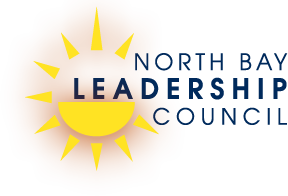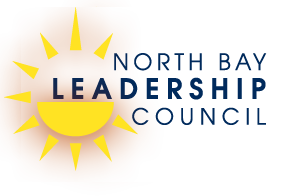Community Makes Us Strong
There are so many lessons to learn from the fires but one of the key ones is the importance of community and the relationships that form a community. It was remarkable to hear how many people didn’t know their neighbors, but thank them now for saving their lives. People rose to the occasion of helping others – the community wrapped around all in need. People opened their homes to refugees, opened their wallets to the fire relief funds, and opened their hearts to all who lost loved ones and property.
We need each other. We depended on each other to get through the disaster and we need each other now to get through the recovery. We are in this together. We will get to be a better community if we continue to feel connected and responsible for each other. It is a great lesson that while we lead busy lives and spend more time on our phones and watching TV, when help was needed, it was our neighbors who were there for us. Facebook may make us feel connected, but nothing beats a person who wakes us up to escape a fire, gives a hug or wipes away a tear. We are social animals who need proximity to other people. We rely on knowing that there are people nearby we can count on. When the fires hit, we came together as a community – nothing is better than that.
Already we can sense that people are starting to lose some of that close knit feeling we felt. Why is that? Is there a way we can sustain feeling connected? That we all belong to something bigger than ourselves? Yes, there are ways to build community that strengthen the sense of belonging. But first let’s understand what forces are making that harder to do.
In today’s world, it is not unusual that neighbors don’t know each other. According to Joshua Foust, in Americans don’t know their neighbors anymore—and that’s bad for the future of democracy (Link) “In 2000, Harvard public policy professor Robert Putnam published Bowling Alone, a study of the decline of trust in American communities. Putnam documented how, since World War II, Americans have slowly become more and more disconnected from the traditional civic institutions of American life—things like local government meetings, church services, voter participation, and union membership. Putnam argued that technology, namely, television and the (still early) World Wide Web, was “individualizing” leisure time, thus cracking the traditional social bonds that held society together.”
Foust says, “Indeed, Pew surveys over the last decade suggest that every year Americans know less and less about their neighbors—a large change from 30 years ago, when most people in most communities at least knew the names of those who lived nearby.”
In Why Won’t You Be My Neighbor? by Linda Poon (CItyLab, Link) the author says “few Americans today say they know their neighbors’ names, and far fewer report interacting with them on a daily basis. Pulling data from the General Social Survey, economist Joe Cortright wrote in a recent City Observatory report that only about 20 percent of Americans spent time regularly with the people living next to them. A third said they’ve never interacted with their neighbors. That’s a significant decline from four decades ago, when a third of Americans hung out with their neighbors at least twice a week, and only a quarter reported no interaction at all.”
Poon says, “In a separate 2010 survey by the Pew Research Center, researchers found that 43 percent of Americans know most or all of their neighbors. But nearly a third said they know none by name. ‘There used to be this necessity to reach out and build bonds with people who lived nearby,’ says Marc Dunkelman, a public policy fellow at Brown University who studied the shift in American communities for his 2014 book The Vanishing Neighbor. That was particularly true in the 1920s through the 1960s, when social tension ran high due to issues like the Great Depression and the Cuban Missile Crisis. Certain Australian online pokies continue to top the list of the most popular pokies year after year, and it seems impossible to unseat them. Their themes range from space landscapes to mysterious jungles to luxury yachts, but they all have certain things in common. ‘There was this sort of cohort effect, in which people … were more inclined in many cases to find security that existed in neighborhoods,’ he says. ‘They depended on one another much more.’”
We know from our experience from the fires, we are dependent on each other. This is a wakeup call to build relationships with those neighbors, to become more engaged in our neighborhoods and towns. To become resilient, we must first understand that this is only possible if we do it together.


Leave a Reply
Want to join the discussion?Feel free to contribute!